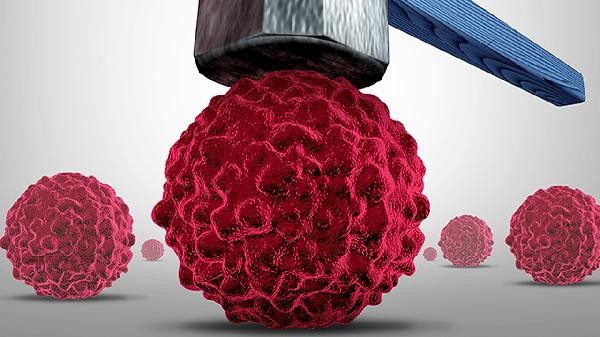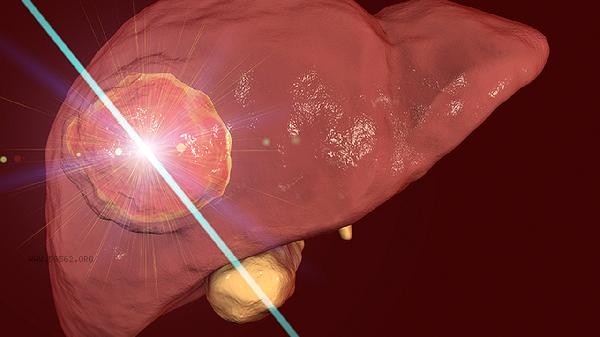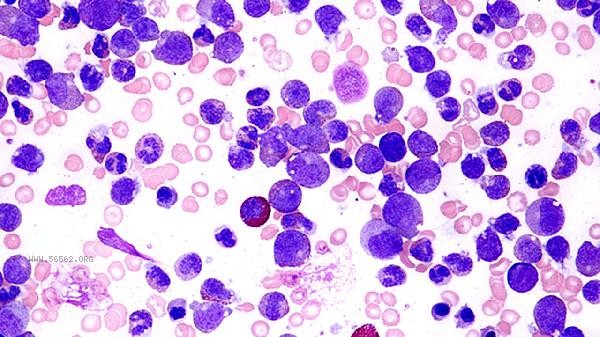A low absolute value of lymphocytes can be referred to a hematology or immunology department, which may be related to factors such as viral infections, immune deficiencies, and hematological diseases.

1. Hematology department
Low absolute value of lymphocytes is common in hematological diseases such as aplastic anemia, leukemia, lymphoma, etc. Hematologists will evaluate hematopoietic dysfunction through blood routine, bone marrow puncture, and other examinations. If accompanied by symptoms such as pale complexion and subcutaneous bleeding, it is necessary to investigate myelodysplastic syndrome. Commonly used drugs include recombinant human granulocyte colony-stimulating factor injection, cyclosporine soft capsules and other immunomodulators. Specific medication should be strictly followed according to medical advice.
2. Immunology
Autoimmune diseases such as systemic lupus erythematosus and rheumatoid arthritis may lead to lymphocyte depletion. Immunologists will test indicators such as anti nuclear antibody spectrum and complement levels. If symptoms such as joint swelling and pain, rash, etc. are present, they need to be carefully examined. The treatment may involve immunosuppressants such as prednisone acetate tablets and methotrexate tablets, and drug side effects need to be monitored. Some patients with congenital immunodeficiency require regular infusion of immunoglobulin.
3. Infection Department
Chronic infections such as AIDS and tuberculosis will cause a continuous decrease of lymphocytes. The infectious disease doctor will conduct HIV antibody testing and T cell subset analysis. If there is long-term fever or weight loss, be alert to opportunistic infections. The treatment requires the use of antiviral or anti tuberculosis drugs targeting the pathogen, such as zidovudine tablets, rifampicin capsules, etc., while strengthening nutritional support.

4. Oncology
Malignant tumors often experience lymphocyte depletion after radiotherapy and chemotherapy. Oncologists will evaluate the impact of treatment plans on the immune system and prevent infections if accompanied by neutropenia. Immune enhancers such as thymosin enteric coated tablets may be used, and radiotherapy patients need to undergo regular follow-up of lymphocyte subsets. Partial targeted therapy drugs can also inhibit lymphocyte proliferation.
5. Pediatric
Low lymphocyte count in children may be related to congenital immunodeficiency. Pediatricians will screen for hereditary diseases such as WAS syndrome, and parents should pay attention to their children's history of repeated infections. The treatment should choose bone marrow transplantation or immunoglobulin replacement therapy based on the cause. Daily vaccination with live vaccines should be avoided, and the environment should be kept clean to reduce the risk of infection.

It was found that the absolute value of lymphocytes is low, and vigorous exercise should be avoided to ensure the intake of high-quality protein and vitamins, such as eggs, lean meat, broccoli, etc. Pay attention to whether there are accompanying symptoms such as fever and fatigue, and it is recommended to choose the morning fasting period for a follow-up blood routine examination. Long term abnormalities require specialized examinations such as lymphocyte subpopulations and genetic testing, and do not take health supplements that enhance immunity on your own.








Comments (0)
Leave a Comment
No comments yet
Be the first to share your thoughts!